Related Research Articles

Arboriculture is the cultivation, management, and study of individual trees, shrubs, vines, and other perennial woody plants. The science of arboriculture studies how these plants grow and respond to cultural practices and to their environment. The practice of arboriculture includes cultural techniques such as selection, planting, training, fertilization, pest and pathogen control, pruning, shaping, and removal.

An arborist, tree surgeon, or arboriculturist, is a professional in the practice of arboriculture, which is the cultivation, management, and study of individual trees, shrubs, vines, and other perennial woody plants in dendrology and horticulture.
The Chartered Institute of Library and Information Professionals is a professional body for librarians, information specialists and knowledge managers in the United Kingdom.

The Campaign for Homosexual Equality (CHE) was a membership organisation in the United Kingdom with a stated aim from 1969 to promote legal and social equality for lesbians, gay men and bisexuals in England and Wales. Active throughout the 1970s – and becoming a mass-membership organisation during this time – CHE's membership declined in the 1980s.
The International Society of Arboriculture, commonly known as ISA, is an international non-profit organization headquartered in Atlanta, Georgia, United States. The ISA serves the tree care industry as a paid membership association and a credentialing organization that promotes the professional practice of arboriculture. ISA focuses on providing research, technology, and education opportunities for tree care professionals to develop their arboricultural expertise. ISA also works to educate the general public about the benefits of trees and the need for proper tree care.

Fields in Trust is a British charity set up in 1925 as the National Playing Fields Association (NPFA), by Brigadier-General Reginald Kentish and the Duke of York, later King George VI, who was the first president, which protects parks and green spaces and promotes the cause of accessible spaces for play, sports and recreation in British cities and towns.

The Flag Institute is a UK membership organisation headquartered in Kingston upon Hull, England, concerned with researching and promoting the use and design of flags. It documents flags in the UK and internationally, maintains a UK Flag Registry, and offers advice and guidance about flags and their usage. It is often consulted on matters relating to flag design and usage, but holds no official status or authority. It is a registered charity.

The Certified Arborist credential identifies professional arborists who have a minimum of three years' full-time experience working in the professional tree care industry and who have passed an examination covering facets of arboriculture. The Western Chapter of the International Society of Arboriculture (ISA) started the certification program in the 1980s, with the ISA initiating it in 1992.
The British Association for Counselling and Psychotherapy (BACP) is a professional body for counsellors and psychotherapists practising in the United Kingdom.
The Royal Forestry Society (RFS) is an educational charity and one of the oldest membership organisations in England, Wales and Northern Ireland for those actively involved in woodland management.

FPA was a UK registered charity working to enable people to make informed choices about sex and to enjoy sexual health. It was the national affiliate for the International Planned Parenthood Federation in the United Kingdom. It celebrated its 80th anniversary in 2010. Its motto was "Talking sense about sex". The charity was placed into liquidation on 15 May 2019, but the FPA name continues as a limited company selling sexual health resources.
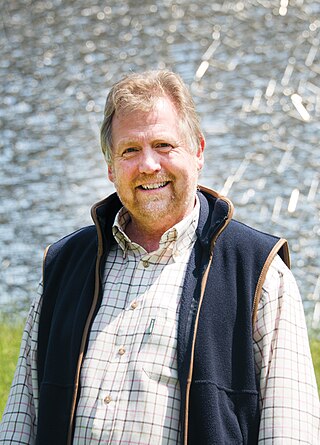
Tony Kirkham MBE VMH is the former Head of Arboretum, Gardens & Horticulture Services, Royal Botanic Gardens, Kew.
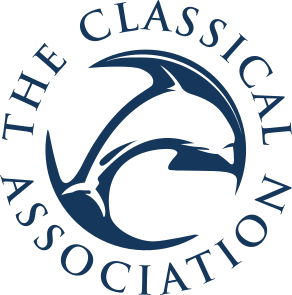
The Classical Association (CA) is an educational organisation which aims to promote and widen access to the study of classical subjects in the United Kingdom. Founded in 1903, the CA supports and advances classical learning in schools, colleges, universities and local areas, and it has a wide membership. The CA is a member of the Council for Subject Associations and is a registered charity.
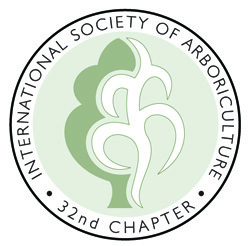
The New Zealand Arboricultural Association is a national, non-profit organisation for arboriculture within New Zealand.
The Tree Council was founded in 1974 in the United Kingdom, and became a registered charity in 1978. Its primary objective is to act as an umbrella organisation for local groups involved in the planting, care and conservation of trees throughout the United Kingdom, and followed the successful government-sponsored Plant A Tree In '73 campaign.
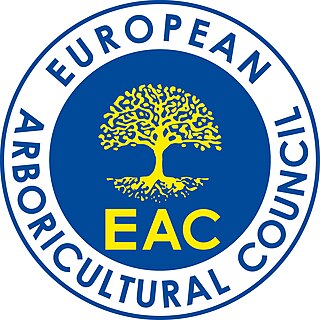
The European Arboricultural Council (EAC) based in Bad Honnef, Germany is a forum where delegates from a wide range of arboricultural organizations throughout Europe meet. The goal of the EAC is to elevate the status and to raise the professional level of competence within arboriculture. This objective is carried out by liaising on matters ranging from research and education to successful tree establishment and the improvement of safe working practices.
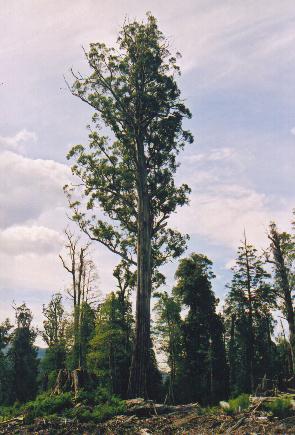
Trees can live for a long time but eventually die, either from natural causes or killed by man. Ill-health of trees can be diagnosed, and early treatment, pruning or felling to prevent the spread may result in timber stocks and amenity trees being saved. Tree owners and Arborists/arboriculturists need to be aware of the risk posed by hazardous trees. Construction projects sometimes avoidably damage trees.

A tree fork is a bifurcation in the trunk of a tree giving rise to two roughly equal diameter branches. These forks are a common feature of tree crowns. The wood grain orientation at the top of a tree fork is such that the wood's grain pattern most often interlocks to provide sufficient mechanical support. A common "malformation" of a tree fork is where bark has formed within the join, often caused by natural bracing occurring higher up in the crown of the tree, and these bark-included junctions often have a heightened risk of failure, especially when bracing branches are pruned out or are shaded out from the tree's crown.
A branch attachment is where a branch is attached to the trunk of a tree. Three types of branch attachment are recognized due to differences in the anatomical position of buds that form them. Two key components contribute to the mechanical strength and toughness of the attachment: interlocking wood grain at the top of the attachment and an embedded knot that often lies within the attachment. A common malformation of a branch attachment is the inclusion of bark within the join, which can weaken the attachment.

Benjamin Ormond Purse was a British trade unionist and campaigner for the rights of blind people. Purse, who was completely blind by the age of 13, was a piano tuner. He became a founder-member of the National League of the Blind (NLB) in 1894 and was elected as its first general secretary in 1897. Purse held the position for two years, during which he founded its journal the Blind Advocate. Purse became president of the NLB in 1905 and held the position until 1916. He was regarded as particularly energetic in this role, successfully negotiating concessionary travel for blind people with 37 municipal authorities, attending an international conference and giving evidence to the 1907 Royal Commission on the Poor Laws. The early NLB had been a combative organisation, confronting charities that it claimed exploited blind workers, but Purse put it on more conciliatory footing, that won it support from key political figures.
References
- ↑ "Arboricultural Association - Home". Arboricultural Association.
- ↑ "Charity overview, THE ARBORICULTURAL ASSOCIATION". Charity Commission for England and Wales . 31 December 2022. Retrieved 6 May 2024.
- ↑ Wells, D. V. (1974). "The Arboricultural Association Ten Years on. 1964–1974". Arboricultural Journal. 2 (7): 217–226. Bibcode:1974ArbJ....2..217W. doi:10.1080/03071375.1974.10590412.
- 1 2 Johnston, Mark (2 August 2021). The Tree Experts: A History of Professional Arboriculture in Britain. Windgather Press. ISBN 978-1-911188-89-6.